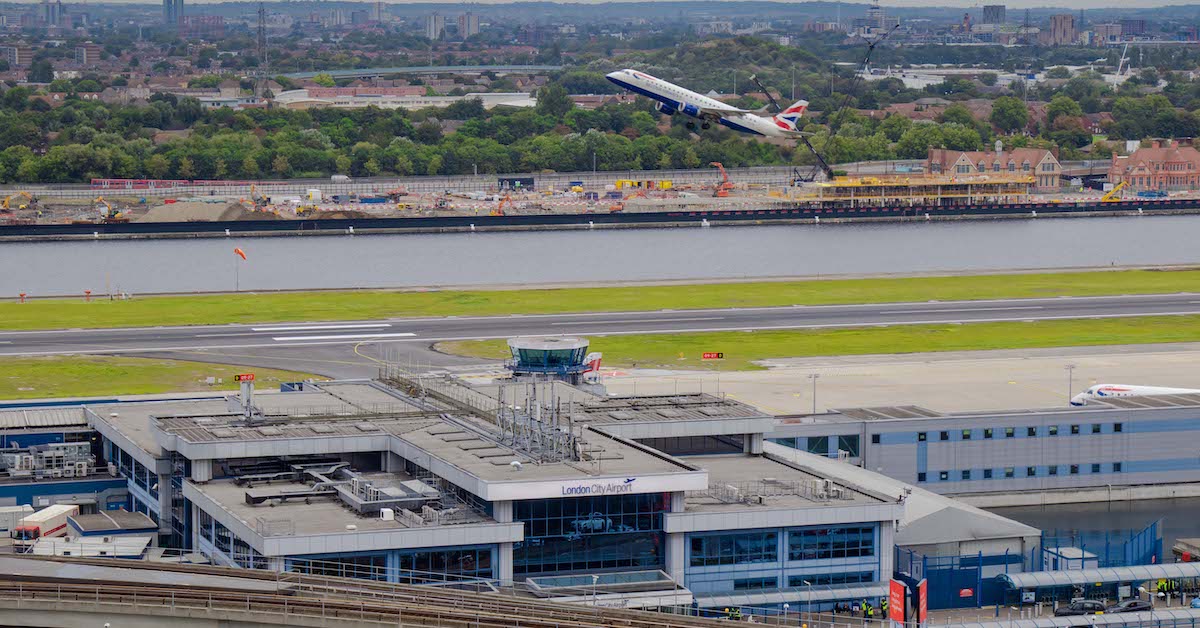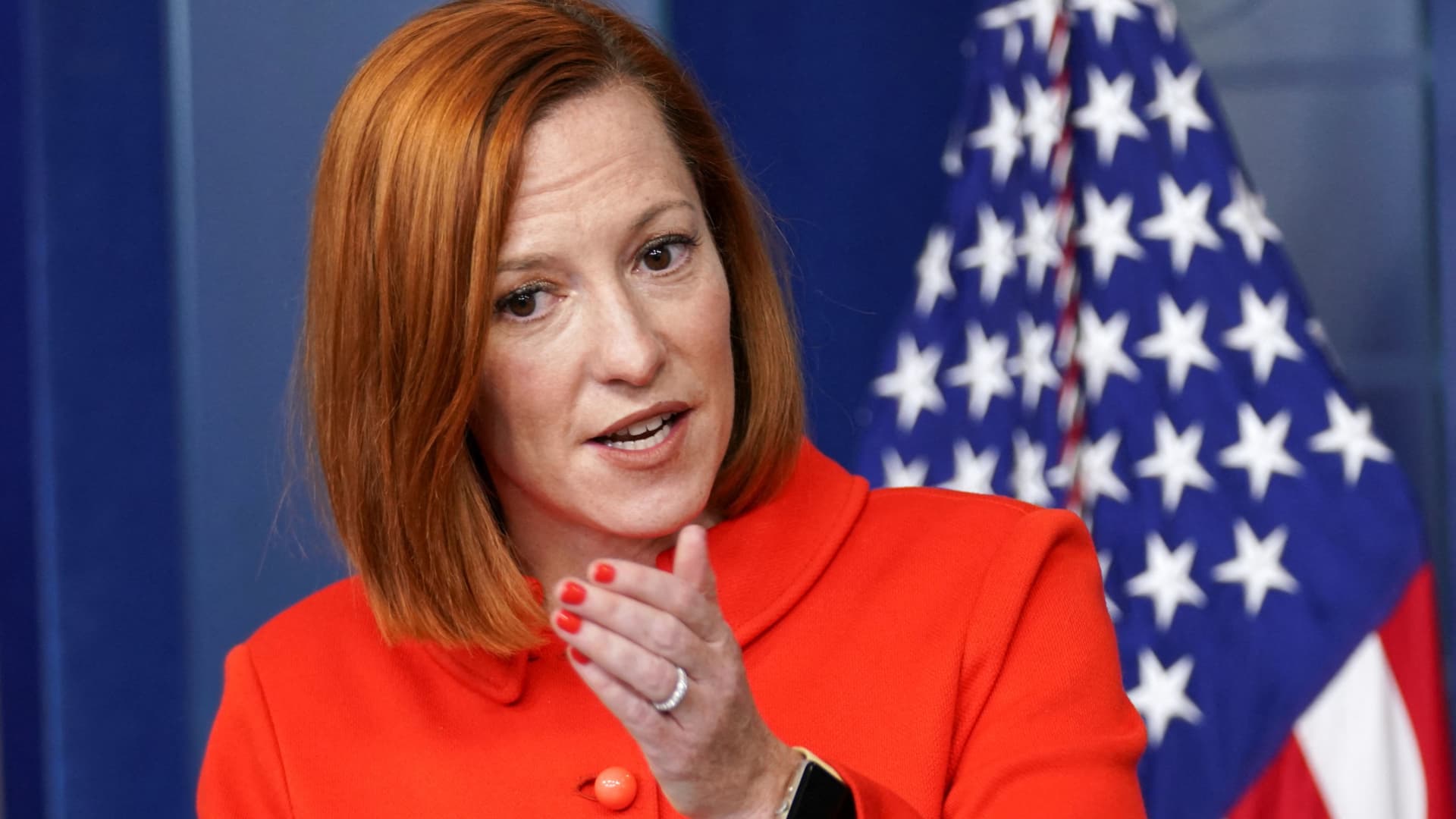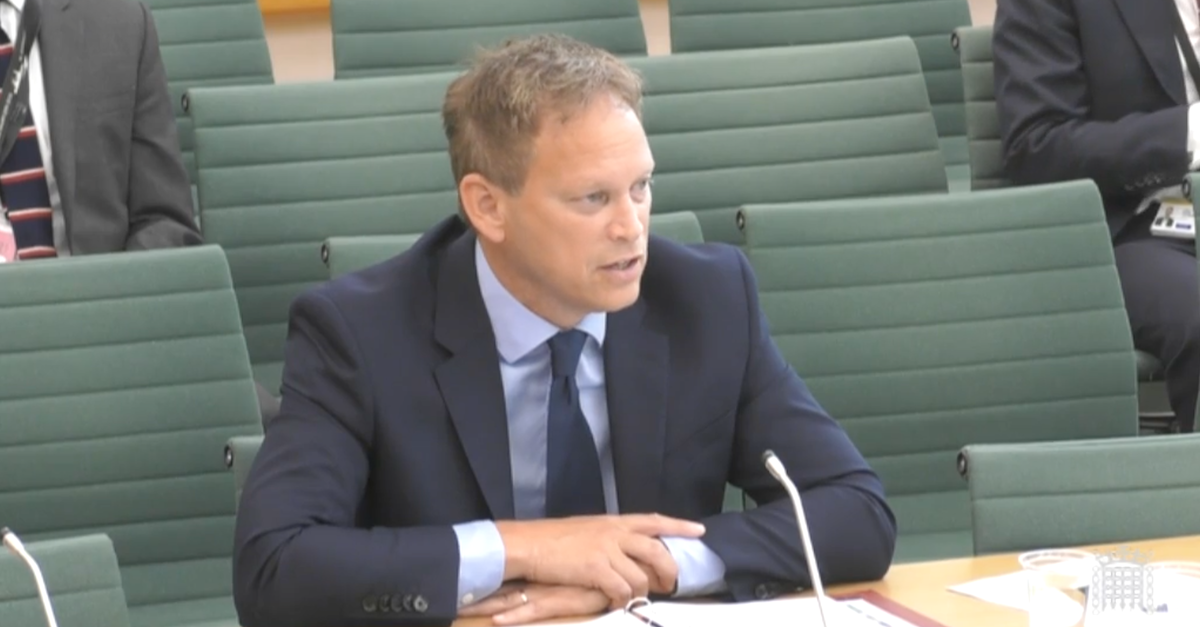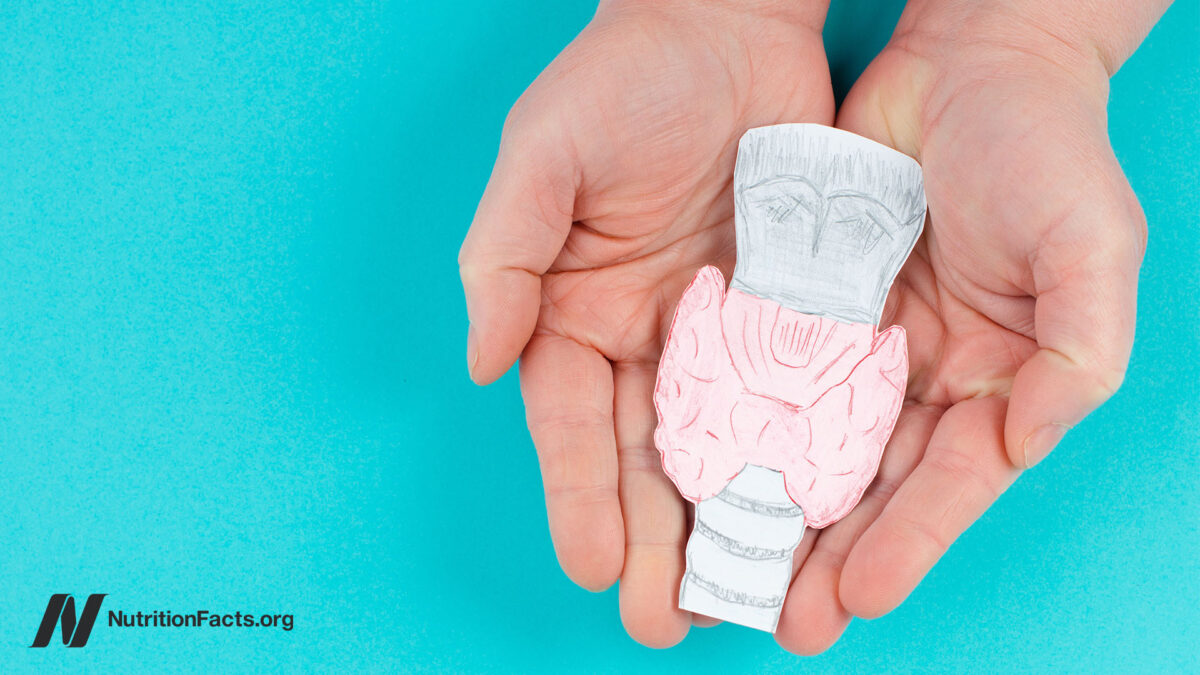London City plans to be capital’s first net-zero airport
Sustainability roadmap sets out steps to 2030 targets

London City airport has set out its plans to become the capital’s first net-zero airport by the end of the decade.
Its new sustainability roadmap sets steps it will take between now and 2030 to achieve its goal, including phasing out gas for heating its buildings; ensuring all airport vehicles become electric; and plans to become a zero-waste and zero-single use plastics business.
It also aims for 80% of all journeys to and from the airport to be made by sustainable transport modes by 2030.
In 2019, London City had 73% of passengers accessing the airport by public and sustainable transport, the highest percentage of any UK airport.
And a recent YouGov poll of 400 people, commissioned by the airport, found that passengers consider sustainability to be one of the top issues in aviation.
The airport is working closely with industry partners the government on ways to introduce low to zero-emission flights as technology is developed.
The roadmap also shows how the airport will continue to invest in its local communities and help young people.
The airport will build an onsite skills and training centre and aims for all on-site partners to pay the London Living Wage by 2026.
Robert Sinclair, the airport’s chief executivesaid: “As we continue to recover from the impact of the pandemic, it is imperative that we rebuild in the right way.
“We hope all of our partners and stakeholders will welcome our ambition, not just to decarbonise, but to play a meaningful role locally.
“Given our size, location and the nature of our route network and operation, we are ideally placed to help shape the next phase of aviation innovation in London, establishing it as a global leader of the net zero economy, supporting innovation, research and development and creating jobs for the amazing young people of this city.”
More: London City airport boss expects recovery ‘close to pre-pandemic levels’ this year

 Hollif
Hollif 
































